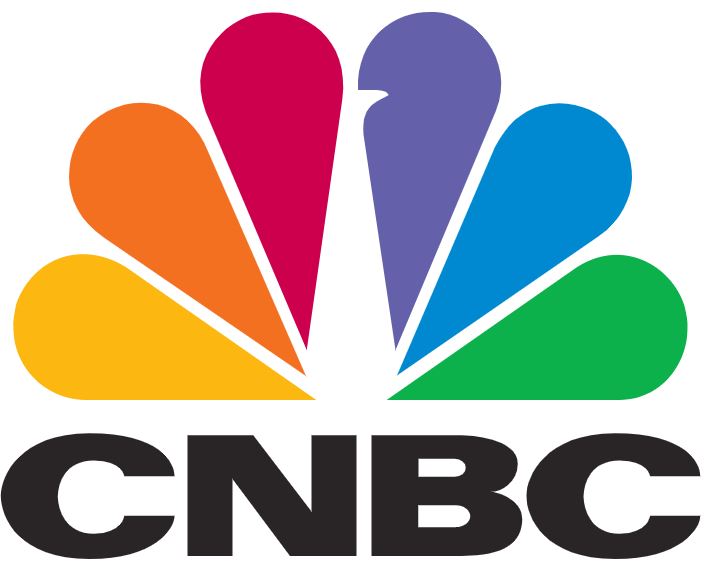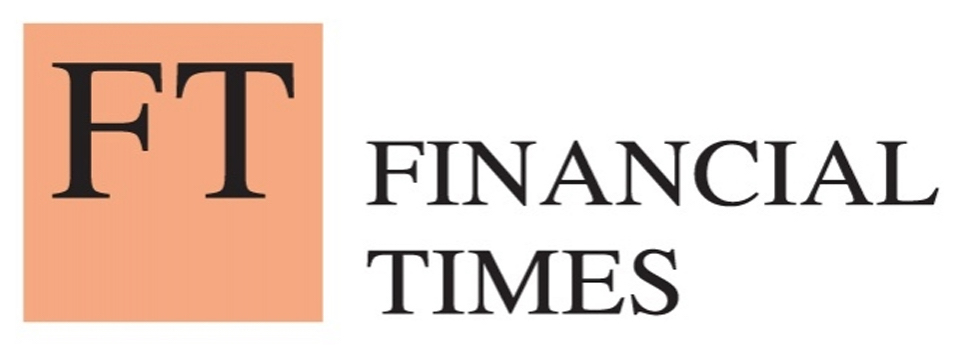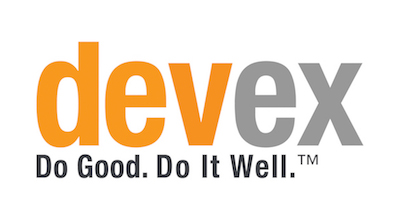News from Around the World
| Media | Title | Date/Source |
|---|---|---|
Major contraction in Iran is driving the Middle East’s growth slowdown: IMF reportThe International Monetary Fund’s latest regional outlook report for the Middle East and Central Asia, published Monday, paints a picture of uncertain economies weighed down by global factors like trade tensions as well as internal and regional turmoil. Trade wars, oil price volatility, the risk of a disorderly Brexit and rising social unrest — and in the short term, a massive economic contraction in Iran as it buckles under heavy U.S. sanctions — are the biggest factors shaping the region’s outlook, according to the IMF. |
Mon, Oct 28, 2019
|
|
HK stock exchange CEO says ‘one country, two systems’ is flawedThe head of Hong Kong’s stock exchange has said the city’s “one country, two systems” relationship with China is flawed, weeks after concerns about his company's independence from Beijing helped scupper its £32bn bid for the London Stock Exchange. Charles Li said in a speech in London that the “one country, two systems” model had “fundamental flaws” in how it was implemented from the outset, referring to the high degree of autonomy granted Hong Kong following the handover from British to Chinese rule in 1997. |
Wed, Oct 30, 2019
|
|
Trump Says U.S. and China Looking for New Site to Sign Trade DealWASHINGTON—President Trump said China and the U.S. are in the process of selecting a new site to sign what he has called phase one of a broader trade agreement between the two countries. |
Thu, Oct 31, 2019
|
|
Turkish central bank stirs concerns with opaque funding toolTurkey’s central bank has sparked a fresh wave of concern among investors and analysts after saying it is supplying billions of liras to the financial system through an opaque market. After a heated series of questions from journalists and analysts on Thursday, governor Murat Uysal publicly acknowledged for the first time that the central bank has been using the Istanbul stock exchange to conduct swap operations — taking dollars from Turkish financial companies in exchange for lira — as a means of “providing funding to the banks”. |
Fri, Nov 1, 2019
|
|
Why Venezuela Will Influence Argentina’s IMF TalksArgentine President-elect Alberto Fernandez’s stance on Venezuela may pose another challenge to his ability to renegotiate the terms of an aid package from the International Monetary Fund. An imposing debt load and uncertainty about his economic policies already limit Fernandez’s room for a renegotiation of the record credit line, but his views on the Venezuelan regime of Nicolas Maduro are also softer than those of outgoing Mauricio Macri. |
Mon, Nov 4, 2019 | |
China presses Trump to remove more tariffs in ‘phase one’ trade dealChina is pushing U.S. President Donald Trump to remove more tariffs imposed in September as part of a “phase one” U.S.-China trade deal, people familiar with the negotiations said on Monday. The deal, which may be signed later this month by Trump and Chinese President Xi Jinping at a yet-to-be determined location, is widely expected to include a U.S. pledge to scrap tariffs scheduled for Dec. 15 on about $156 billion worth of Chinese imports, including cell phones, laptop computers and toys. |
Wed, Nov 6, 2019
|
|
Malpass shifts the World Bank from conferences to countriesWASHINGTON — David Malpass, who has been the president of the World Bank for seven months, is not a big fan of international development conferences. He has said so on several occasions, including again last week. |
Mon, Nov 11, 2019
|
|
Google in talks to move into bankingGoogle is talking to US banks about offering current accounts to its customers, accelerating Silicon Valley’s incursion into financial services after Apple’s credit card launch and Facebook’s proposed digital currency Libra. Google’s move could further alarm lawmakers already anxious about the concentration of increasingly intimate personal information within a few big tech companies. After Facebook has run into widespread resistance to Libra, Google has said it wants to “partner deeply” with existing financial services providers. |
Wed, Nov 13, 2019
|
|
IMF More Pessimistic on Greece’s Growth Prospects and Debt PathThe International Monetary Fund forecasts the Greek economy will grow by 2.3% in 2020, below government estimates, with prospects weighed down by stagnant investment, adverse demographics, and low productivity. “The Greek economic recovery has been disappointing,” the IMF said in its Article IV report on the country. “Sustained and deeper reform implementation, deploying a full range of policy tools, and strong political resolve to tackle vested interests will be necessary to meaningfully boost investment, growth, and social inclusion,” the fund said. |
Fri, Nov 15, 2019 | |
Trade Flows Set to Stay Weak, Says WTOGlobal flows of goods across borders are on course to grow at the weakest pace since the financial crisis, according to the World Trade Organization, as trade tensions and rising tariffs continue to weigh on exports and imports. The Geneva-body that mediates trade disputes Monday said its leading indicator of trade flows points to continued weakness as 2019 draws to a close, making it more likely that international trade will end the year having risen at a slower pace than in any since 2009, when trade collapsed in the wake of the global financial crisis. |
Mon, Nov 18, 2019
|
